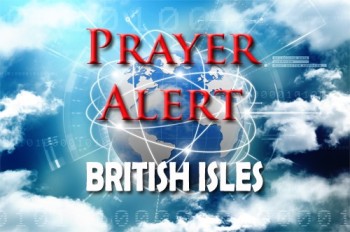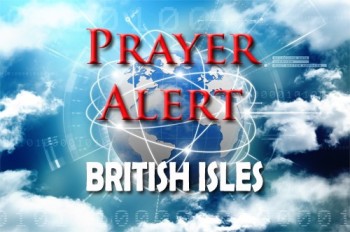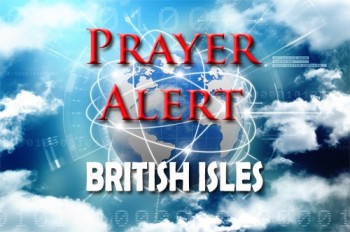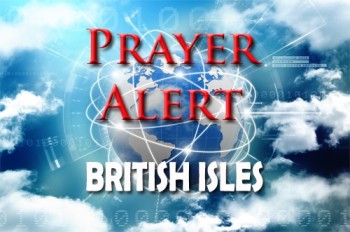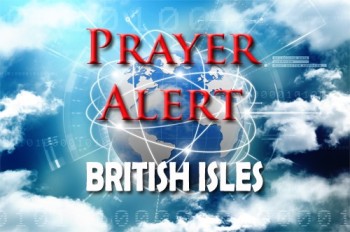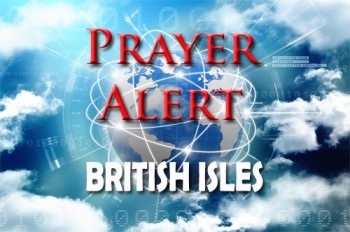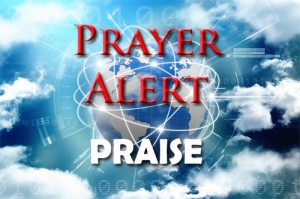Displaying items by tag: abortion clinics
New safe zones outside abortion clinics
From 31 October, safe zones around abortion clinics in England and Wales will take effect, prohibiting protests within 150 metres of these facilities under the Public Order Act. The new law, which received royal assent in May last year, aims to prevent harassment, intimidation, or obstruction of women seeking abortion services, as well as clinic staff. It is now illegal to engage in behaviour that intentionally or recklessly influences someone’s decision regarding abortion services. Silent prayer may also fall under this ban, a contentious point raised by anti-abortion groups who argue it infringes on their rights to freedom of expression and religious belief. Campaigners advocating for the ban, such as the British Pregnancy Advisory Service, argue that it is necessary for ensuring the safety and dignity of women. The maximum penalty for violating the law will be an unlimited fine. See
‘Thought crime' laws
Campaigners say freedom of thought is being criminalised after MPs voted against an amendment to protect silent prayer and consensual conversations around abortion clinics. The amendment proposed to protect peaceful prayer and conversations was lost by 116 in favour to 299 against. Christian advocacy group ADF UK said that this is the first time that Parliament has voted to introduce in modern British history 'thought crime'. Nobody should be arrested, go to court and face these measures simply for holding a peaceful silent prayer in their own mind. The censorship zones around abortion clinics are intended to prevent the harassment of women using abortion services, but this new legislation removes ‘valid choices’ for those in crisis pregnancies and is ‘devastating’ for women and Christians. MP Andrew Lewer said, ‘the clause leads us into the territory of thought crimes and creates unprecedented interference with the rights to freedom of speech and thought in the UK that would not be out of place in a dystopian novel’.
Women prevented from praying
Livia Tossici-Bolt was praying quietly with a friend in a public space when she was warned by prayer-patrol officers that ‘their prayer could cause intimidation, harassment or distress’; they were asked to move away. Livia filed a complaint against Bournemouth Council for breaching her freedom to pray on a public street. The officers said they prayed close to the edge of a new buffer zone around an abortion clinic, where a protection order bans praying, protesting, vigils, and handing out leaflets. Ms Bolt said, ‘Everyone has the freedom to pray quietly in a public place. I would never dream of doing something that causes intimidation and harassment. We complied with the new rules instituted by the council and didn’t pray within the censorship zone. They tried to intimidate us out of exercising our freedom of thought and of expression in the form of prayer - which has been a foundational part of our society for generations.’
Legal action against council over prayer ban
Birmingham City Council issued a Public Spaces Protection Order (PSPO) to deter people from gathering outside an abortion clinic with placards and pictures to protect patients from being harassed and intimidated when entering. 40 Days for Life Birmingham are concerned as the order makes it illegal to pray outside the clinic. They are taking the council to court, saying, ‘Through this action, we are not asking anyone to agree with what we believe; others have the right to disagree. We ask for justice, despite our different beliefs. It is disproportionate and unnecessary to ban prayer connected to abortion in an area near a Catholic church and to ban the words “baby” or “mum” in text or imagery.’ The PSPO comes after the Government voted for nationwide ‘buffer zones’ outside abortion clinics. Anyone breaching them faces up to six months in jail for a first offence and up to two years for several offences.
Church criticises Scottish government re prayer vigils
The Scottish government's chief legal officer has come under fire after saying that prayer vigils outside abortion clinics could be 'far more damaging' than verbal protest. Addressing the UK's supreme court about abortion clinics in Northern Ireland, Dorothy Bain KC said she believed ‘standing in judgment’ was just as psychologically damaging for women. She wants prayer vigils to be excluded from ‘buffer zones' - areas where protesting or handing out leaflets are banned - outside abortion clinics. The Catholic Church has labelled Mrs Bain's remarks as ‘absurd and alarming’, and have condemned her comments. Everyone has the right to express and offer our opinion on religious belief, and more importantly, religious practice. The Church said, ‘To be told they can't stand silently in prayer, in this case, outside an abortion clinic or a hospital that carries out abortions is really, frankly, chilling and extremely worrying.’
Parliament discusses demonstrating outside abortion clinics
Rupa Huq MP raised the topic of buffer zones at abortion clinics, to help protect women who attend clinics from intimidation, saying the bill was about women being able to present themselves for healthcare, not abortion. Fiona Bruce responded, ‘Such a law would damage free speech, freedom of assembly, freedom of conscience, freedom of religion, freedom of expression, the right to protest peaceably, and the right to receive information’. The comments were part of a ten-minute rule bill, where a backbench MP makes the case for a new bill and another MP can oppose it. They rarely become law but bring publicity to an issue. This bill passed, but is not guaranteed further Parliament debating time unless the Government chooses to make it progress. The bill’s demands are not around abortion, but are about women presenting themselves for healthcare without intimidation.
Calls for abortion clinic buffer zones rejected
Calls for buffer zones to be introduced outside abortion clinics to stop patients being harassed have been rejected by the Home Secretary, who said that protest-free areas around clinics ‘would not be a proportionate response’. Labour leader Jeremy Corbyn said his decision was a ‘shocking failure to protect women’ and should be reversed. Be Here For Me, a campaign group which opposed the ban, welcomed the commonsense decision which would mean ‘women could continue to be offered much needed help and support’. The Society for the Protection of Unborn Children said they were ‘delighted’ by the decision: ‘This is a massive victory for common sense, democracy and above all for the hundreds of vulnerable women who are saved from the horror of abortion at the very gates of the abortion clinic.'
